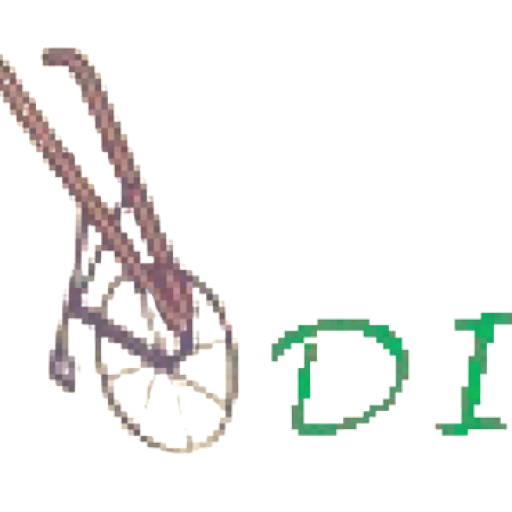This video shows how men and women farmers and other decision makers have applied the climate-smart agriculture approach in practice.
In the weeks following Bangladesh’s first recorded COVID-19 case in early March, the Government of Bangladesh initiated a countrywide lockdown to contain the virus’ outbreak.Vehicles carrying medicine, fuel and perishable items were exempt from the restrictions, but agricultural supply chains were heavily disrupted.
The country’s farmers, most of them small-scale producers, harvest potatoes in March and also begin planting early summer crops like maize, jute, vegetables and pulses.But from one day to the next, lockdown restrictions prevented farmers from buying agricultural inputs or getting their produce to the markets, said Imanun Nabi Khan, a producer organization specialist at FAO Bangladesh.
Read More : FAO

Recent Comments